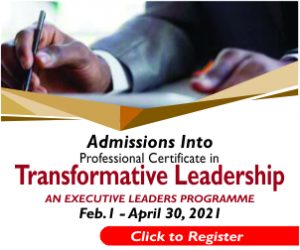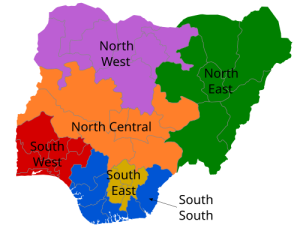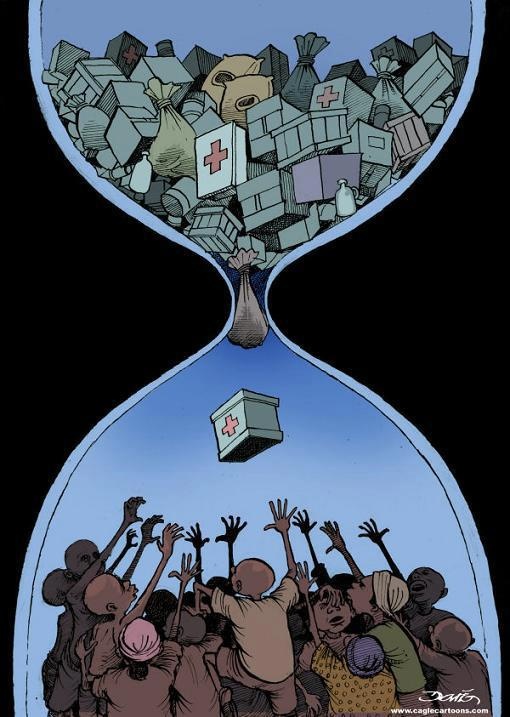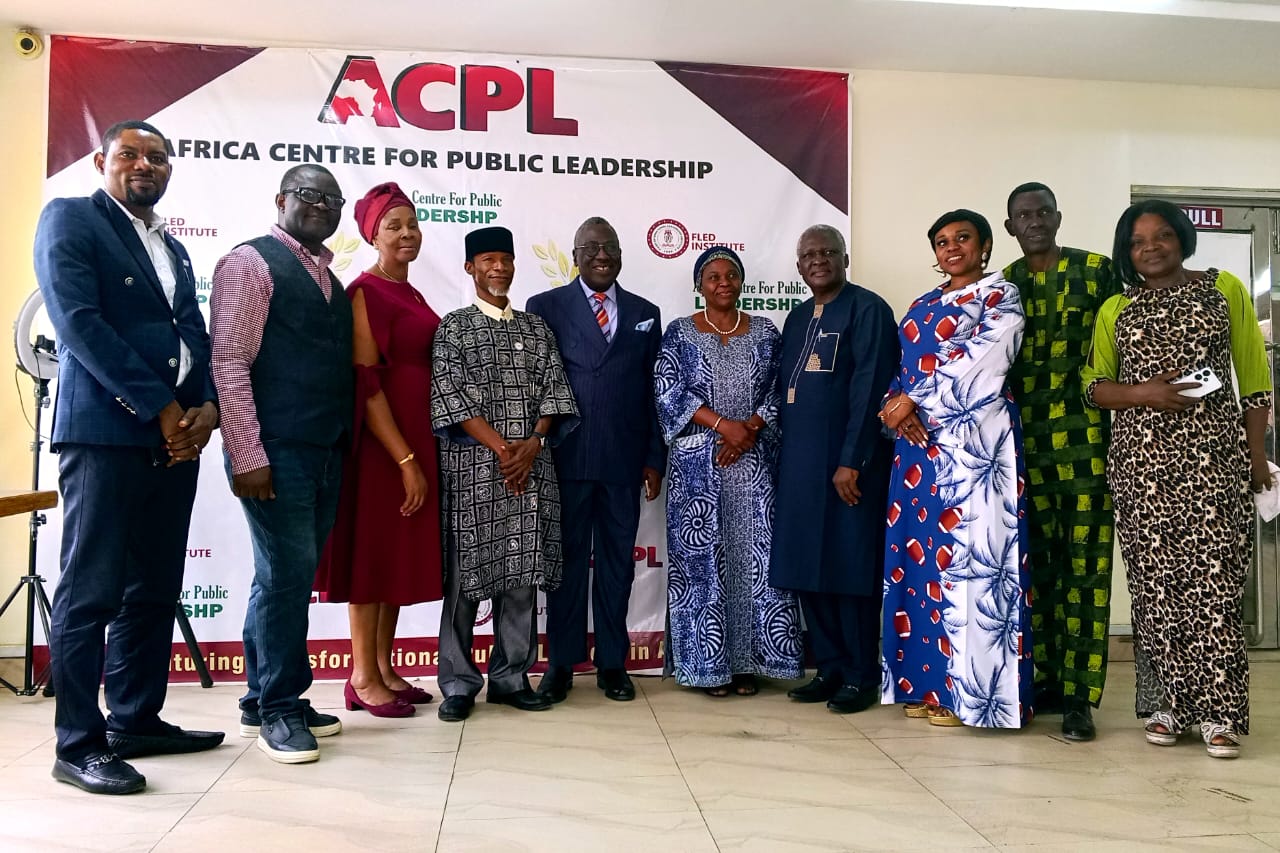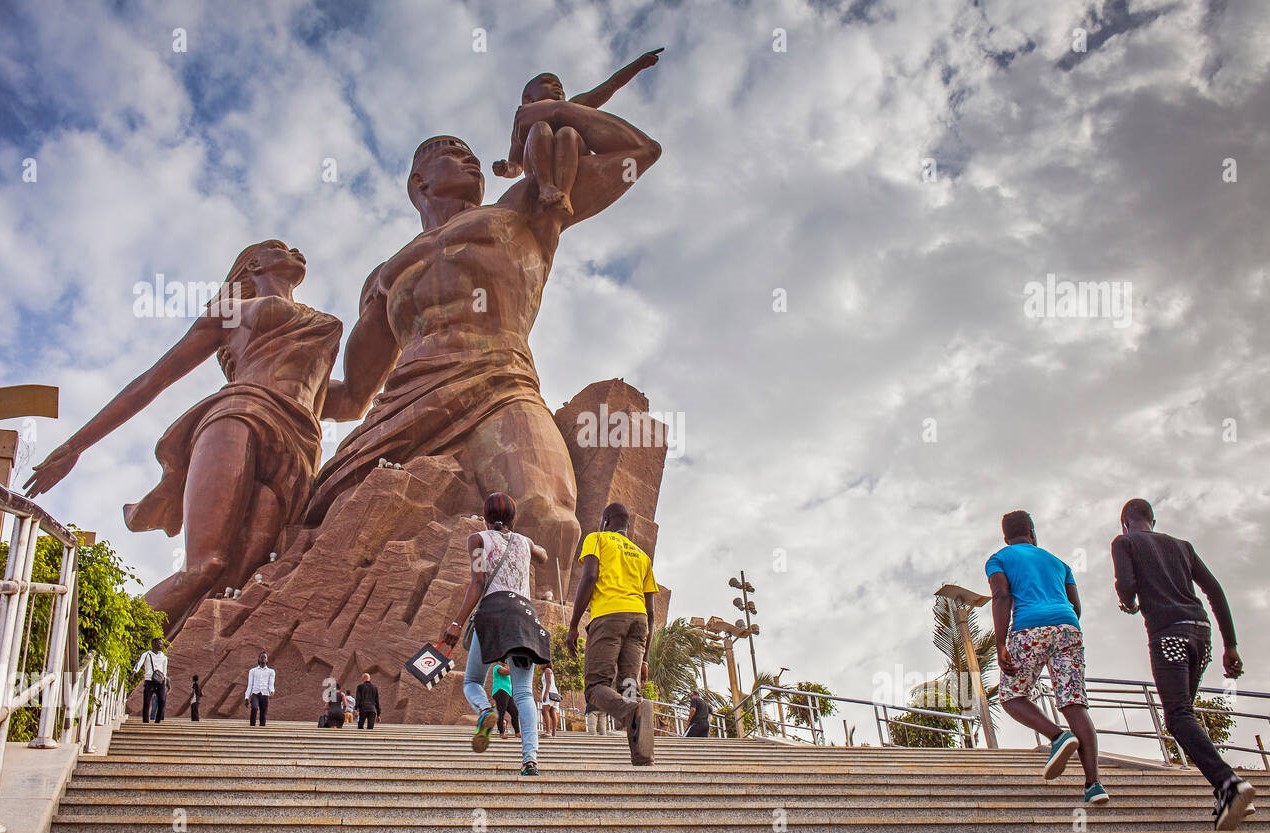How Youths Become Statesmen
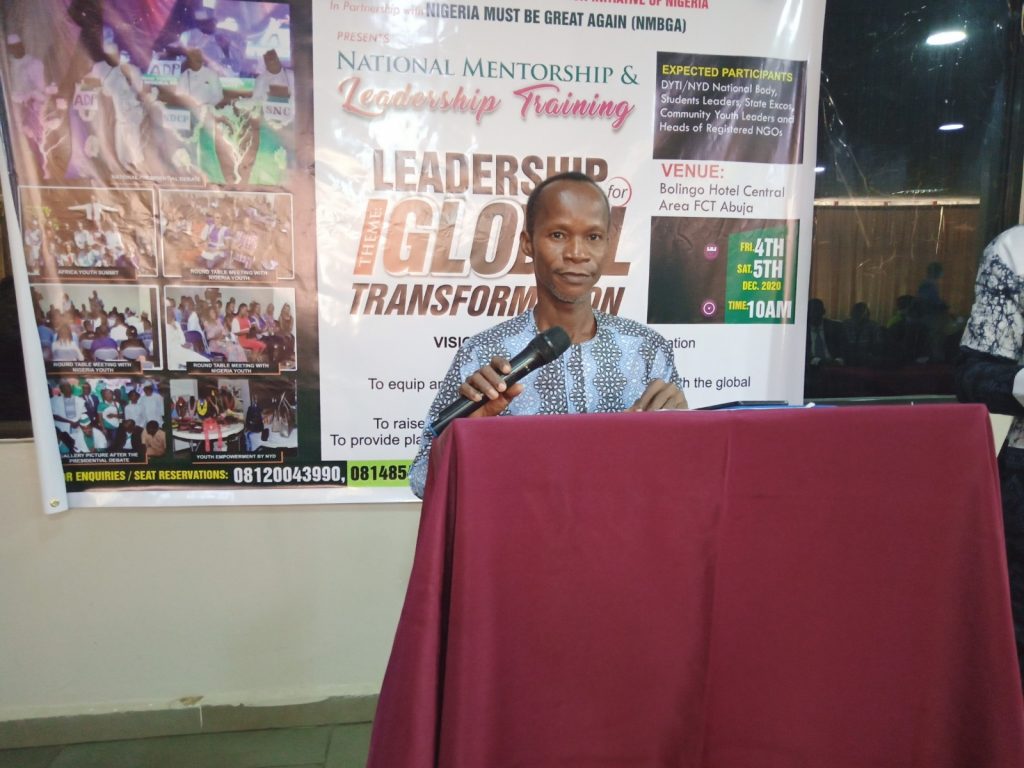
Joseph Ibekwe speaking at the 2020 National Youth Leadership Training in Abuja, by Nigeria Youth Decide
How Youths Become Statesmen
The National Youth Decide of Diamond Youth Transformation Initiative held National Leadership Training at the Bolingo Hotel, Abuja, December 4-5, 2020. Joseph Ibekwe was one of the invited speakers at the programme. On the first day of the event, he spoke on the topic How Youths Become Statesmen.
Below is text of his presentation.
“In this paper, I am going to discuss two key issues:
- The importance of Transforming Education in youth development
- How Transforming education prepares youths to become statesmen
The youths are the heart beat of any nation. They are hope of the future and vibrancy of the present. Any nation that mismanages its youth population will certainly suffer development-related heart attack.
Youth development begins with education. I’m talking about a different kind of education – what I call “Transforming education”- education that transforms the lives of those exposed to it. Transforming education is what I refer to as holistic education.
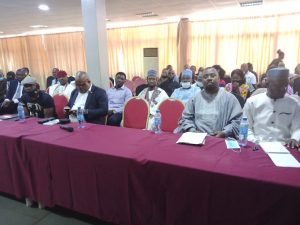
I suppose that many of you are aware of the UN SDGs. Goal 4 of the SDGs talks about ‘inclusive and equitable quality education and lifelong learning opportunities for all’.
In Nigeria, and in many Africa countries, we have a bulging youth population that lack skills for independent living, whose development potentials are crippled due to lack of inclusive, holistic educational opportunities.
Holistic education is crucial to achieving sustainable human development. Research has shown that education is a ‘development multiplier’. In other words, when education is inclusive, equitable and targeted, it produces better human beings who are able to contribute to the development of the society.
There are five key aspects of education that prepares youths for successful private and public life.
In no specific order, this includes
Religious education – this is about imparting individuals with the fear of God. It is important that individuals are grounded in the knowledge of God, to enable them understand the essence of humanity, and to respect the value for human life. A society is as peaceful as it is godly and as chaotic as it is godless. Any religion that does not have value for human life is inspired by the devil because it is the devil that takes pleasure in the destruction of human lives. God is the creator of human life. The devil and humans usual conspire to take life they did not create.
Academic education – this is to develop the mind and worldview of individuals, so that they can make a choice to develop special interest in any field of human development. An important aspect of academic education is its ability to build your mind to question things – to interrogate issues, to be critical and catalytic in your thinking.
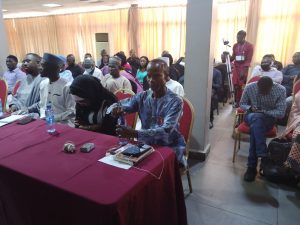
Entrepreneurship education – this is to teach individuals how to create businesses, create wealth, and how money works. Entrepreneurship is about problem-solving. It’s about creating ongoing businesses by solving problems. There is a lot of money in problem solving. The more problems you solve, the more money you make. The more money you make through problem solving, the more relevant you are in the world. The world is designed for transactions. Economic transactions are made with money. Learning how to create money through entrepreneurial activities is key to your survival as an independent individual. Entrepreneurial education is the driver of entrepreneurial capitalism, which is key to economic growth and social stability. Entrepreneurial education focuses more on soft-skills.
Vocational/technical education – this is to train the hands to solve problems, to repair things, to build things from ground zero, and to make money. Vocational and technical education focuses more on hard-skills.
Leadership education – the essence of leadership education is to teach young people how to cast visions, create cultures, and harness human and material resources, in public space, for overall societal advancement. The lack of systemic leadership education is one of the reasons Nigeria has remained badly governed. Public leadership requires broad-based capacity to manage diversity. It is the attempt to offer an organised leadership that led us to establish the FLED International Leadership Institute in 1999.
Within these broad divisions, there are several subdivisions including civic education, which teaches people their roles and responsibilities as citizens, and how to participate in public life including politics. There is also cultural education, which teaches individuals to recognise and respect the cultural values and norms of other people different than them.
It is the combination of these forms of education, which are imparted through a mixture of formal and informal approaches, that can prepare a youth to live responsibly in a globalised world of today.
Therefore, Transforming Education is about providing youths with holistic education that prepares them for the future they are to live in, and to lead. People often say that half education is dangerous. The fact is that many people in our society are half educated. That is why we have so much chaos in our society. There is no gainsaying that many of our youths, including those of you here at this event, are half-educated. This is not to insult you or anyone, but it is a circumstantial reality.
How Transforming education prepares youths to become statesmen
Education is key to any form of transformation. The journey to statesmanship begins from stepping out of being a private citizen into becoming a public citizen. Like every thing in life, becoming a public citizen involves a process. Essentially, there are five levels of public citizenship. There is an entry point, from ground zero, then one begins to climb up the ladder. I will discuss this in an inverted format, beginning from the top to down, but in actual fact, one starts from bottom and walks the way up.
Level 5: Statesmanship
A statesman is simply a public citizen who works for the benefit of the public. A statesman is non- partisan; he/she is father of all; he is conciliator; a peace-maker and a development facilitator. He makes public statements in measured words, being careful not to allow personal views or preferences to stir up public disharmony. A statesman is a bridge-builder, who has transcended beyond religious and ethnic cleavages. Statesmanship is the highest level of public citizenship.
Level 4: Political Partisanship
An individual at this level is fully partisan-minded, hungry for political power, aggressive to gain access to political leadership position; which affords him economic benefits; which eventually might change his public posture and public philosophy.
Level 3: Development Facilitator
A development facilitator is projects-minded; engages in practical problem-solving as a social entrepreneur; is able to mobilize resources to implement community development projects; engages with political leaders to influence development tragectory. He is more of action-oriented than talk-oriented. He can interact with political leaders for the purpose of securing and ensuring the implementation of public projects that create social impact.
Level 2: Civic Advocacy
Someone operating at the level of civic advocacy essentially acts for a cause, on-behalf of someone or some people. He usually adopts pacifying approaches in engagements with key decision-makers with intention to influence policies and development processes. He uses tampered language in public communications; is less adversarial, but strong on public issues. Thought he desires to change the status quo, he lacks direct political power to do so.
Level 1: Civic Activism
Civic activism is the first step in the process of transforming oneself from being a private citizen to being a Public Citizen. A civic activist is majors in fault-finding and whistle-blowing. He is upset with the status quo, and so he is often adversarial in public engagements. Through his work, he raises public consciousness about injustice and oppression in the society, but that’s often how far he can go because he lacks economic or political power to change anything.
Conclusion
Youths are critical to social-political development. Youths need holistic education to enable them contribute responsibly and maximally to socio-political development. But education must not be confused with schooling. There are many people who are schooled, but are not educated. Education is more of what you do for yourself and by yourself than what is done for you or because you went to school.
The journey towards statesmanship begins with stepping out of private citizenship into the sphere of public citizenship. Education is at the centre of transformation into public citizenship and statesmanship. Unfortunately, many governments in Africa are ill-prepared to provide their citizens with transformative education, which has the capacity of transforming their youth population into vibrant public citizens and statesman.
For this reason, it will be a waste for you, as forward thinking youth, to wait for your government to provide you the education that will make you a statesman. In fact, the education you receive through schooling makes you less of a thinking person and caring human being. It makes you aggressive, selfish, self-centred, in-human.
Therefore, the quest for statesmanship is entirely in your hands. It begins by exposing yourself to holistic education, which does not necessarily require you to enroll in formal educational institution. You can educate yourself to become a public citizen and a statesman. Does it mean that schooling is not important? Of course, it is!
The truth is that you are responsible for what you become. If you desire to become a statesman, start today by re-educating yourself, then apply yourself to public concerns in a responsible manner, as I have discussed in this paper.
I end with these two questions.
- How do you think Youths could Become Statesmen?
- What should they do or begin to do in preparation to becoming statesmen and women?
Joseph C. Ibekwe is the President, Fled International Leadership Institute and publisher of Future World Magazine


